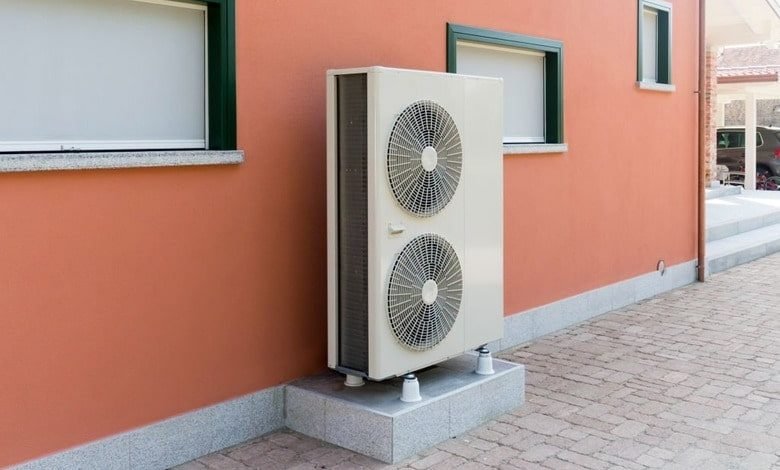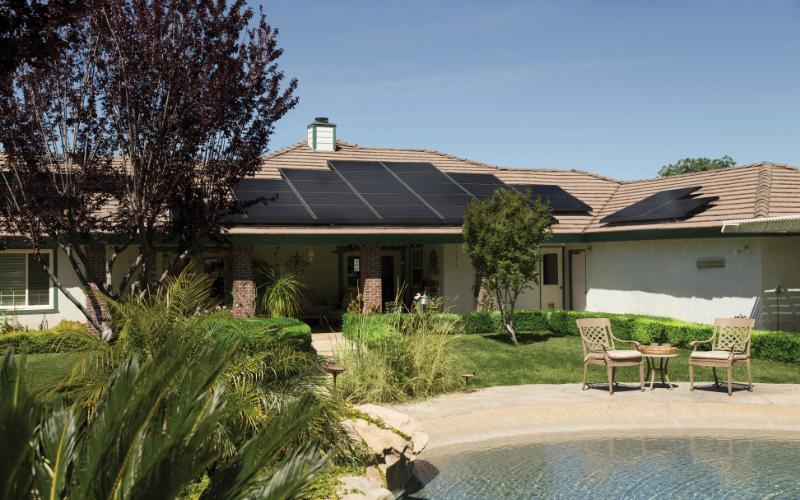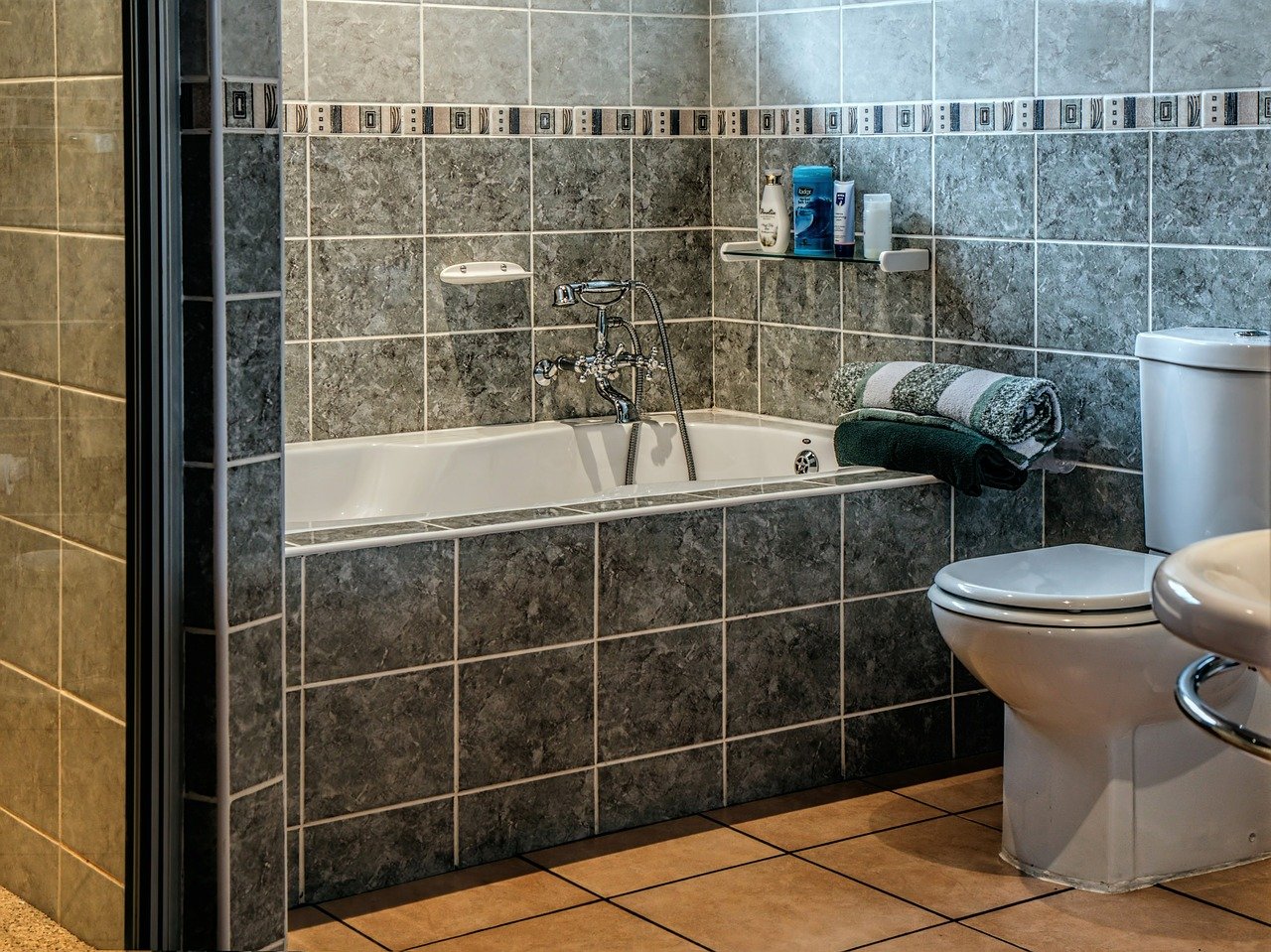Best Heating Units for Energy Efficiency

Heating your home is essential, especially during the colder months. However, heating can be costly, and inefficient units can lead to high energy bills. Fortunately, there are several options for energy-efficient heating units that can save you money while keeping your home warm and comfortable. In this article, we’ll explore some of the best heating units for energy efficiency.
- Furnaces: Furnaces are the most common heating units in many homes. They work by heating air and circulating it through ductwork. Energy-efficient furnaces have an Annual Fuel Utilization Efficiency (AFUE) rating of 90% or higher. This rating measures how much of the fuel that the furnace consumes is converted into heat. The higher the rating, the more efficient the furnace is. High-efficiency furnaces are also equipped with features like electronic ignition and sealed combustion chambers, which improve efficiency and safety.
- Boilers: Boilers work by heating water and distributing it through pipes to radiators or baseboard heaters. Energy-efficient boilers have an AFUE rating of 90% or higher, just like furnaces. Boilers can be more efficient than furnaces, especially in homes with radiant heating systems. However, boilers can be more expensive to install and maintain than furnaces.
- Heat Pumps: Heat pumps are a type of HVAC system that can both heat and cool your home. They work by moving heat from one place to another, rather than generating heat like furnaces and boilers. There are two types of heat pumps: air-source and ground-source. Air-source heat pumps are more common and work by extracting heat from the air outside your home. Ground-source heat pumps, also known as geothermal heat pumps, extract heat from the ground. Heat pumps are highly efficient and can save you money on energy bills. However, they can be more expensive to install than furnaces and boilers.
- Radiant Heating: Radiant heating systems work by heating objects in a room, like floors, walls, and ceilings, rather than heating the air. This method of heating is highly efficient because it doesn’t waste energy by heating air that will rise to the ceiling. Radiant heating can be achieved through electric heating systems or hot water-based systems. Hot water-based systems are more efficient, but they can be expensive to install.
- Ductless Mini-Split Systems: Ductless mini-split systems are a type of heat pump that doesn’t require ductwork. They consist of an outdoor unit that’s connected to one or more indoor units. Each indoor unit can heat or cool a single room or zone. Ductless mini-split systems are highly efficient because they don’t lose energy through ductwork. They can also be less expensive to install than traditional HVAC systems that require ductwork.
In conclusion, there are several energy-efficient heating units to choose from. Furnaces and boilers are the most common heating units in many homes and can be highly efficient with an AFUE rating of 90% or higher. Heat pumps can both heat and cool your home and can be highly efficient, although they can be more expensive to install than furnaces and boilers. Radiant heating systems can be highly efficient, but they can be expensive to install. Ductless mini-split systems are a type of heat pump that can be less expensive to install than traditional HVAC systems and can be highly efficient because they don’t require ductwork. When choosing a heating unit, consider the size of your home, your budget, and your heating needs to find the best option for you.
What Makes a Heating System Efficient?
A heating system is a vital component of any home, and an efficient system is key to keeping your house comfortable. Heat pumps are the most efficient type of home heating system, as they draw heat from outside rather than burning fuel directly.
Depending on the climate where you live, much of the energy needed to heat your home could come from the air or ground outside. The annual fuel utilization efficiency (AFUE) rating of an existing system can tell you how efficient it is; ratings over 90% indicate a very efficient system.
If your existing system has a low AFUE, then replacing it with a newer, more energy-efficient model can save you money in the long run. To ensure that your heating system runs efficiently and that you get the most out of your energy bills, make sure you have it serviced regularly and keep up to date on advances in technology that could improve its efficiency, call 24SevenAC we can help you.
What’s the most efficient way to heat your home?
The most efficient way to heat your home is by using a heat pump. Heat pumps are the most efficient way to heat your home, as they use much less energy than other heating systems. Additionally, they are relatively inexpensive and easy to install in homes of all sizes.
A heat pump works by moving warm air from one area of the house to another, which helps to keep the entire house at a comfortable temperature without having to use large amounts of energy. Another efficient way to heat your home is by using a space heater.
Space heaters provide focused heating and typically use less energy than larger heating systems, making them an efficient choice for smaller spaces like bedrooms or living rooms. Ultimately, both heat pumps and space heaters can be used as part of an efficient home heating system that helps keep your home comfortable while also saving money on energy costs.









